Welcome to UCL Institute for Risk and Disaster Reduction, Space Health Risks Research Group. We investigate risks to health in space to promote good health and well-being on Earth.

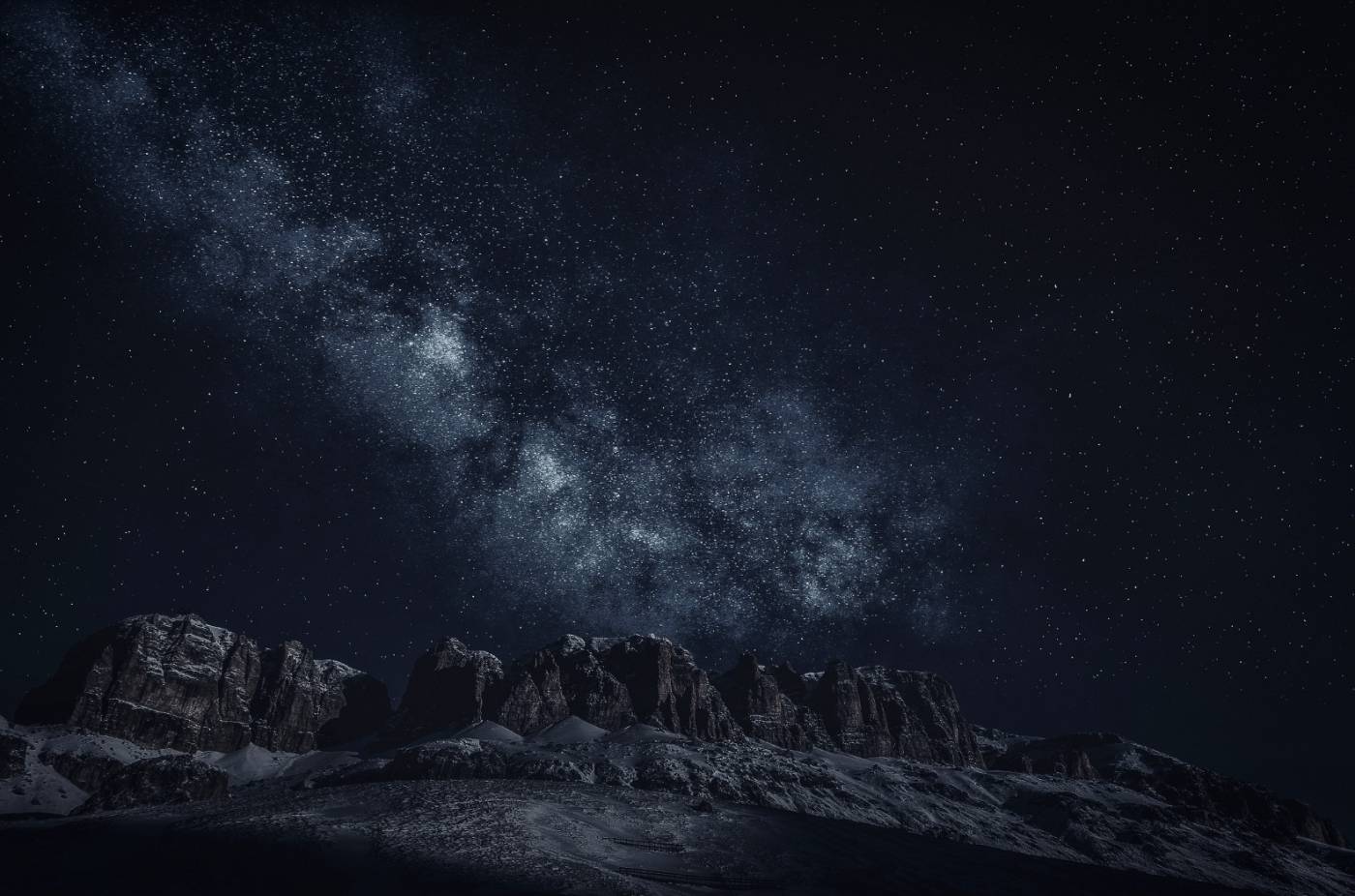
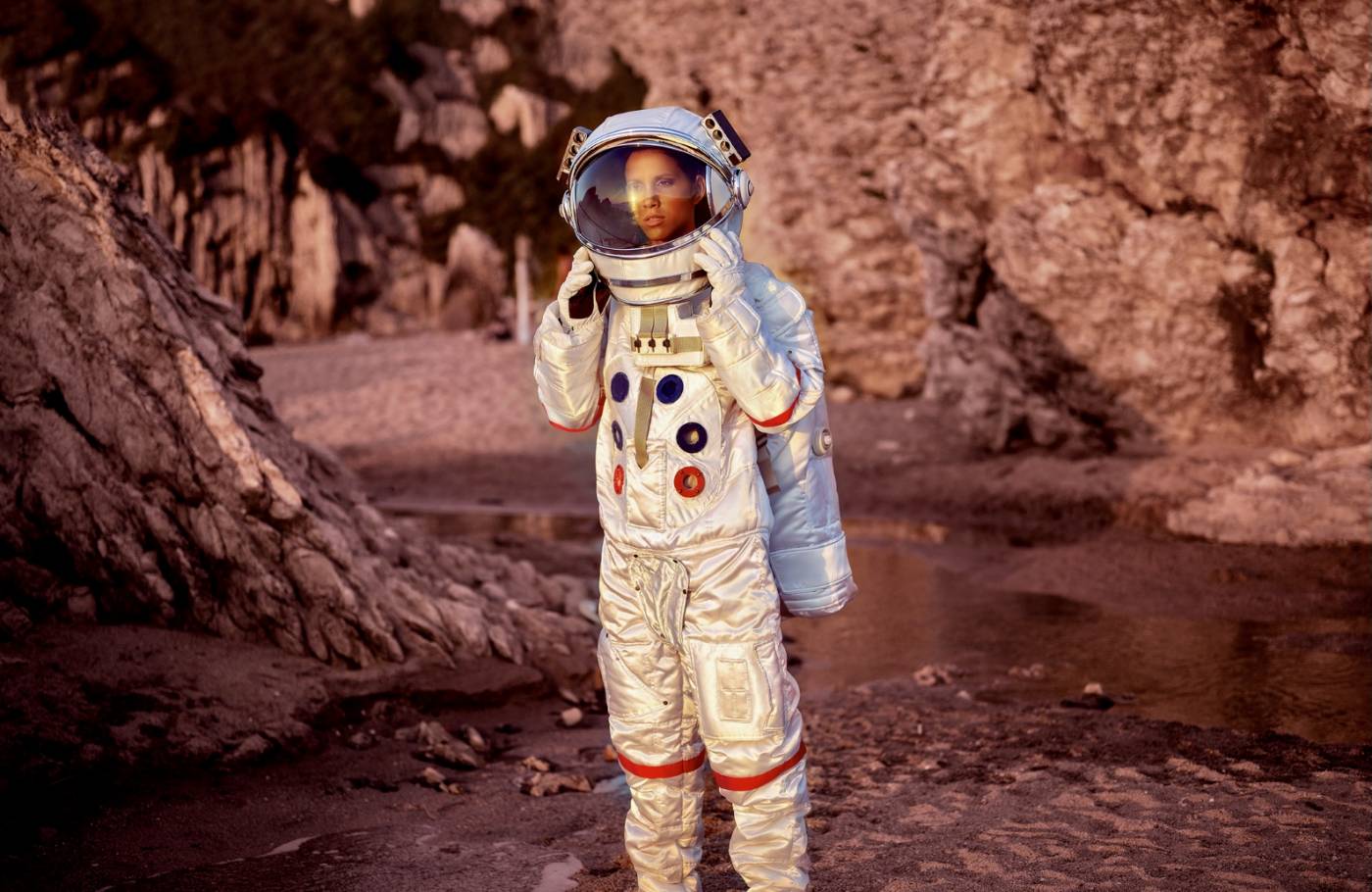

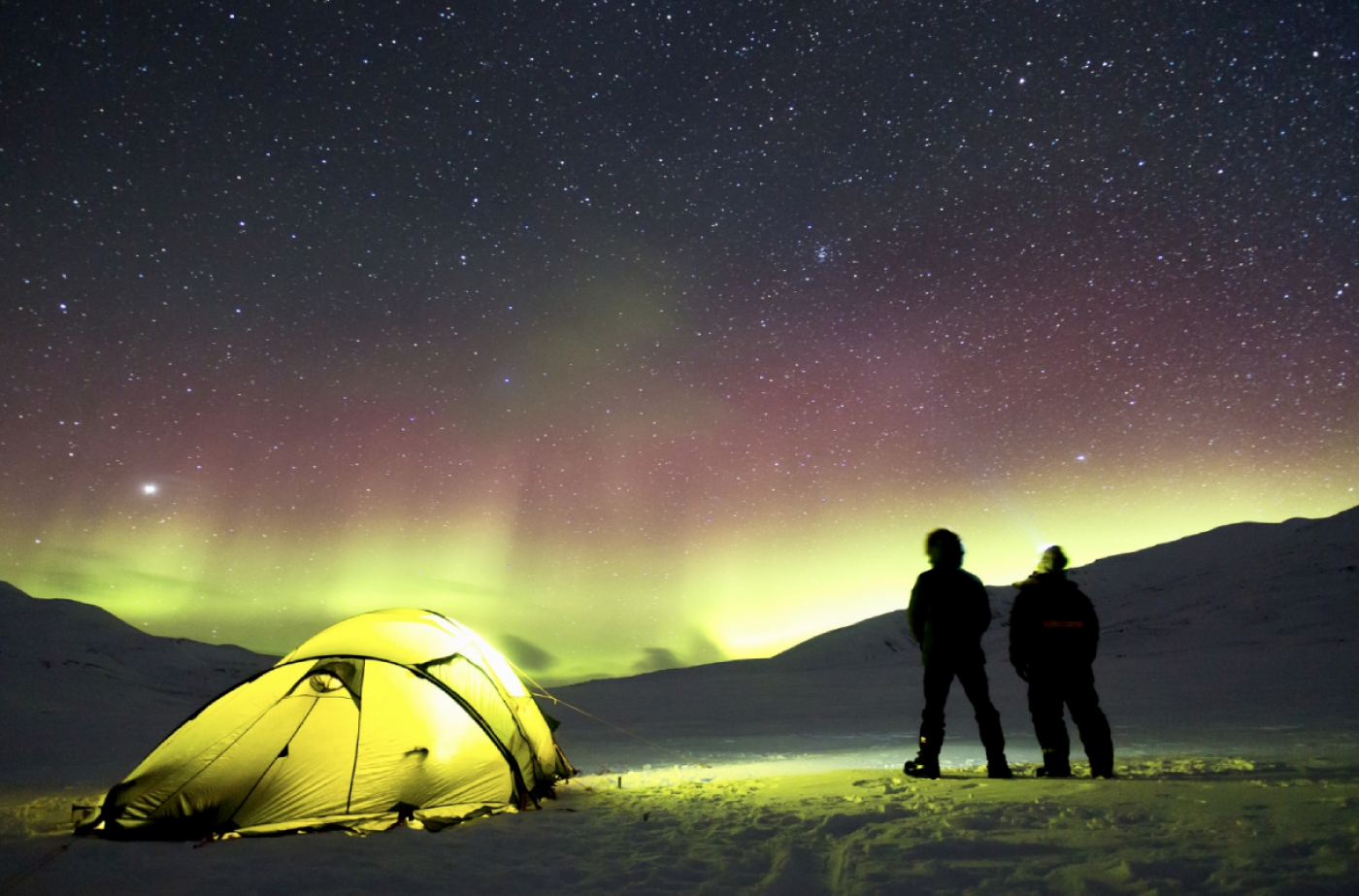
About
The Space Health Risks Research Group is a multidisciplinary community of researchers and practitioners who are investigating how the mitigation of risks to health in space can contribute to promoting good health and well-being in remote environments on Earth. The aim and objectives for 2023 and beyond are currently being reviewed to expand the scope of the research group. Details will be published soon.
- Aim
To rigorously investigate the risks to health in space from a holistic perspective, and how to reduce the risk of disaster, to promote good health and well-being for life in remote environments on Earth.
- Objectives (2021-2022)
- Grow our network of members, collaborators and industry partners.
- Bring together expert practitioners and researchers from related fields.
- Produce high-quality research outputs and reports to influence public/private policy.
- Engage in public outreach to educate aspiring students, scientists and researchers.
- Provide a platform for cross-UCL grant proposals in space health risks and disaster reduction.
Research group projects
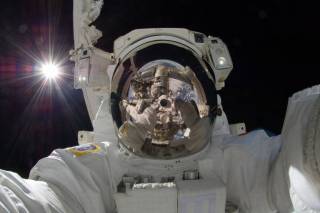
Space health and disaster risk reduction symposium
During our symposium we explored how prolonged, holistic healthcare could be provided during a deep space mission by an interdisciplinary practitioner, and how this could benefit life on Earth. A consensus paper is now in development. The keynote speaker was Dr Robert Thirsk, Canadian Space Agency ex-astronaut and medical doctor.

The first UK analogue space research mission
This project is the first analogue space research mission in the UK to simulate the human exploration of another planet. The mission has been developed by an international team of research group members. The mission is now complete and articles will be published shortly.
Members
- Coordinators
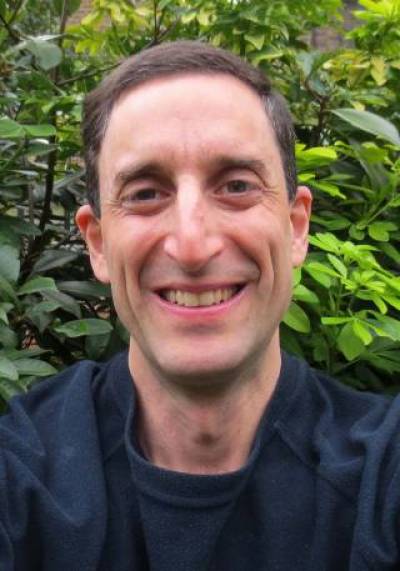
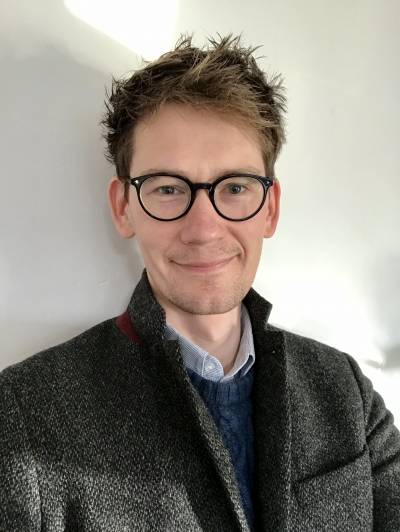
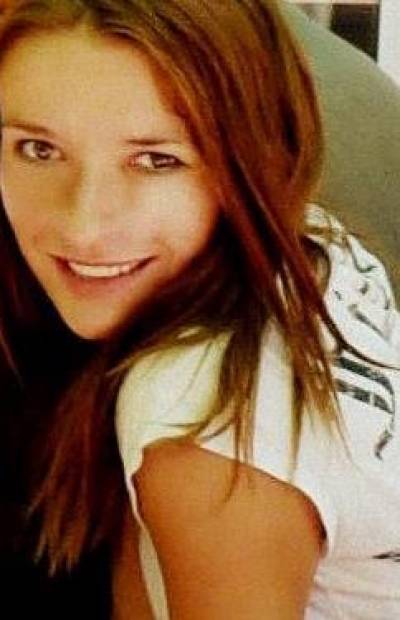
Prof Ilan Kelman Myles Harris – Research Director
Dr Patrizia Isabelle Duda - Affiliate members (UCL)
- Dr Aaron Parkhurst (Medical Anthropologist)
- Dr David Jeevendrampillai (UCL Centre for Outer Space Studies director)
- Paddy Edgley (Anthropology PhD student, UCL Centre for Outer Space Studies assistant director)
- Dr Iya Whiteley (UCL Centre for Space Medicine director, author of Toolkit for Space Psychologists)
- Rebekah Yore (PhD student UCL IRDR; Project Director, Rescue Global)
- Petr Dodd (PhD student UCL IRDR; COBR Operations Crisis and Development)
- Associate members (non-UCL)
- Prof Kate Robson Brown (University of Bristol, Jean Golding Institute director and Senior Fellow of Alan Turing Institute)
- Dr Pete Bradley (Medical Doctor, faculty member of Remote Area Risk International)
- Dr Pete Hodkinson (King's College London, Head of Aerospace Medicine – clinical and education)
- Dr David A Green (KBR for ESA, Space Medicine Team & King’s College London, Visiting Senior Lecturer of Aerospace Physiology)
- Dr Rochelle Velho (Medical Doctor)
- Dr Bonnie Posselt (Royal Air Force, Space Medicine Registrar)
- Dr Nathan Smith (Research Fellow, University of Manchester)
- Dr Ilija Rasovic (Break Off Labs)
- Dr Li Shean Toh (University of Nottingham, Asst Prof Medicines Management and Astropharmacy)
- Dr Philip Brady (Assistant Professor and Senior Registrar in General Adult and Forensic Psychiatry)
- Dr Joshua Chou (EXPLOR Space Technologies CEO)
- Dr Rowena Christiansen (The ad astra vita project founder)
- Dr Nandu Goswami (Medical University of Graz, Austria)
- Dr Tovy Haber Kamine (Assistant Professor & Trauma and Critical Care Surgeon)
- Dr Katharine Ganly (Medical Doctor)
- Dr Alfred Hill (Medical Doctor)
- Dr Eliott Rooke (University of Exeter, Lecturer in Human Geography)
- Hamish Magoffin (Break Off Labs)
- Mathew Davies (Lawyer, director of Remote Area Risk International)
- Eleonor Frost (Space Generation Advisory Council)
- Acatzin Benítez Salgado (Biomedical Engineering, Universidad Autónoma del Estado de México)
- Abdul-Moiz Siddiqi (Space educator and outreach lead, Leaders Unlocked)
- Luke Sawyers (PhD student, University of Nottingham)
- Michael Murphy (University of Oxford Alumni, Ethno-ISS Project associate researcher)
- Collaborators
 Close
Close

